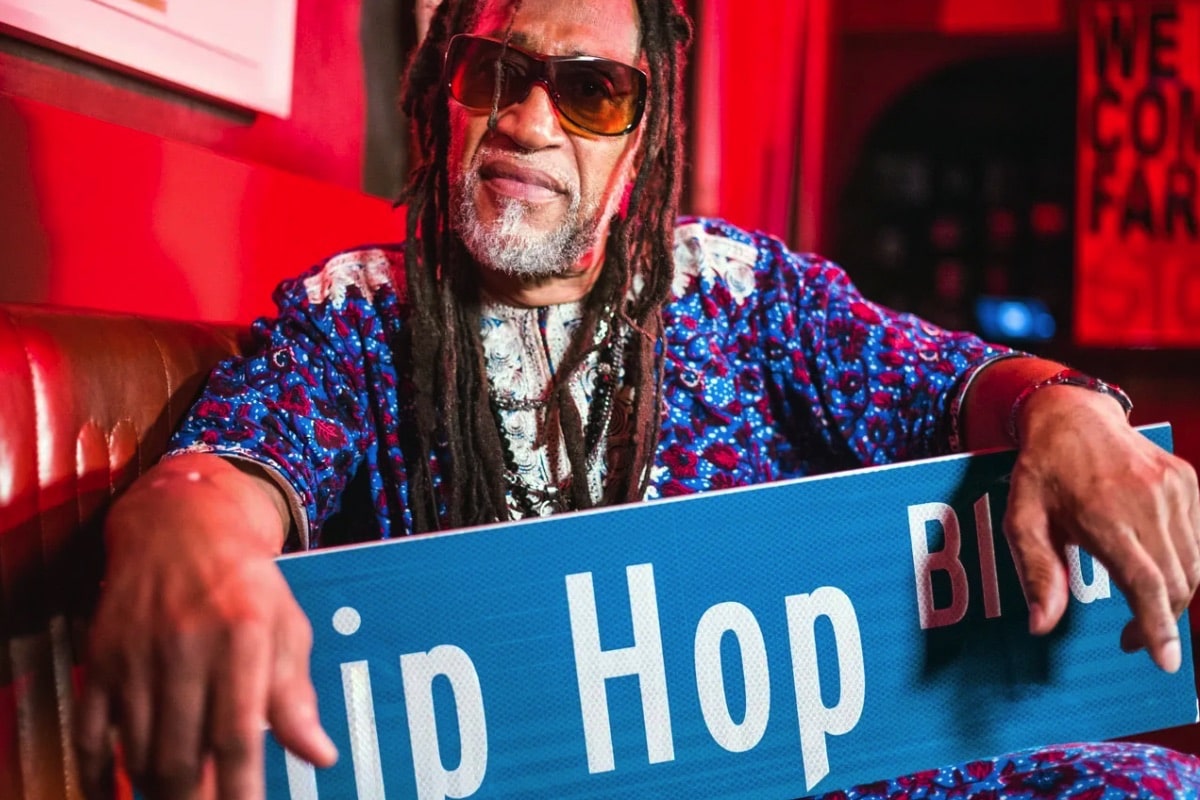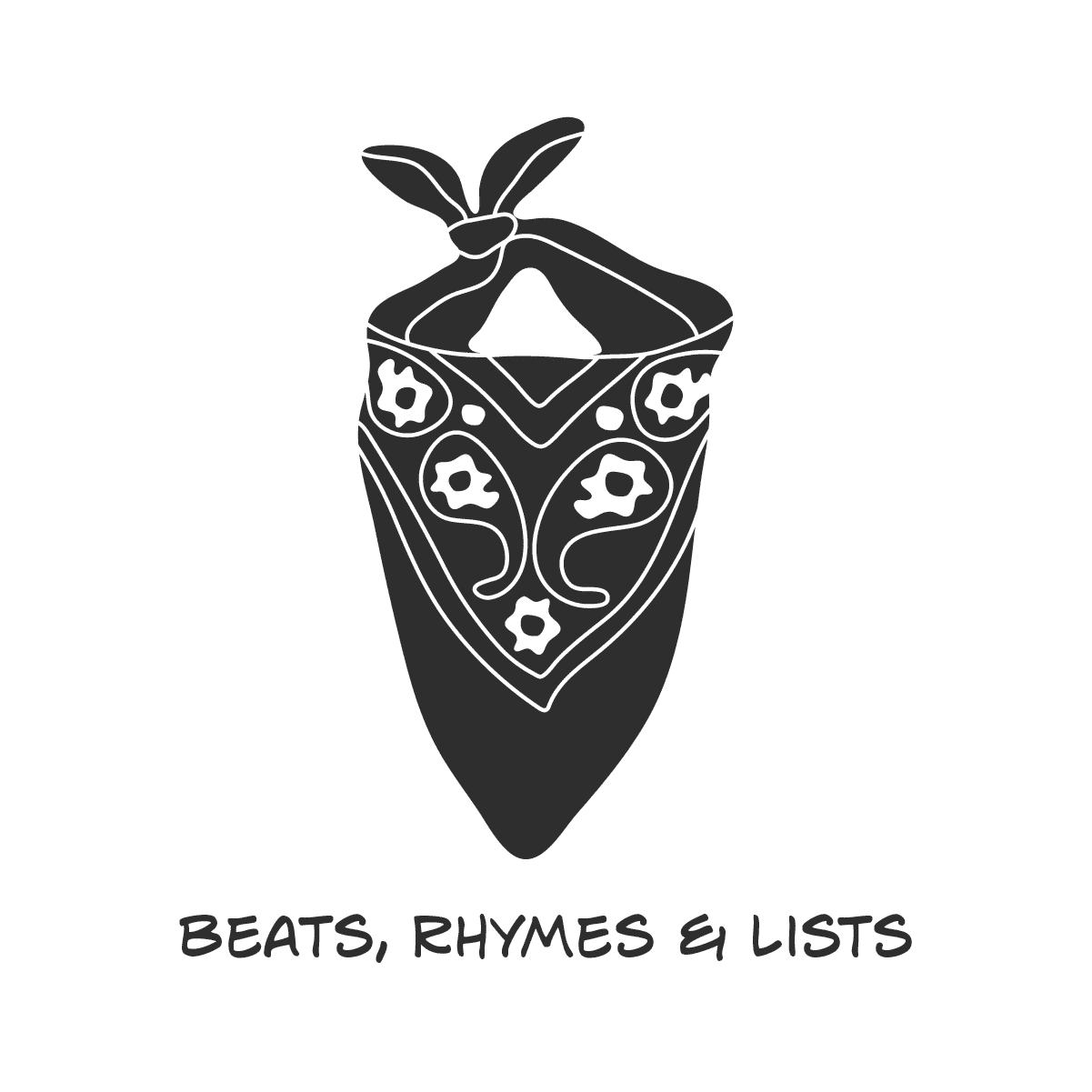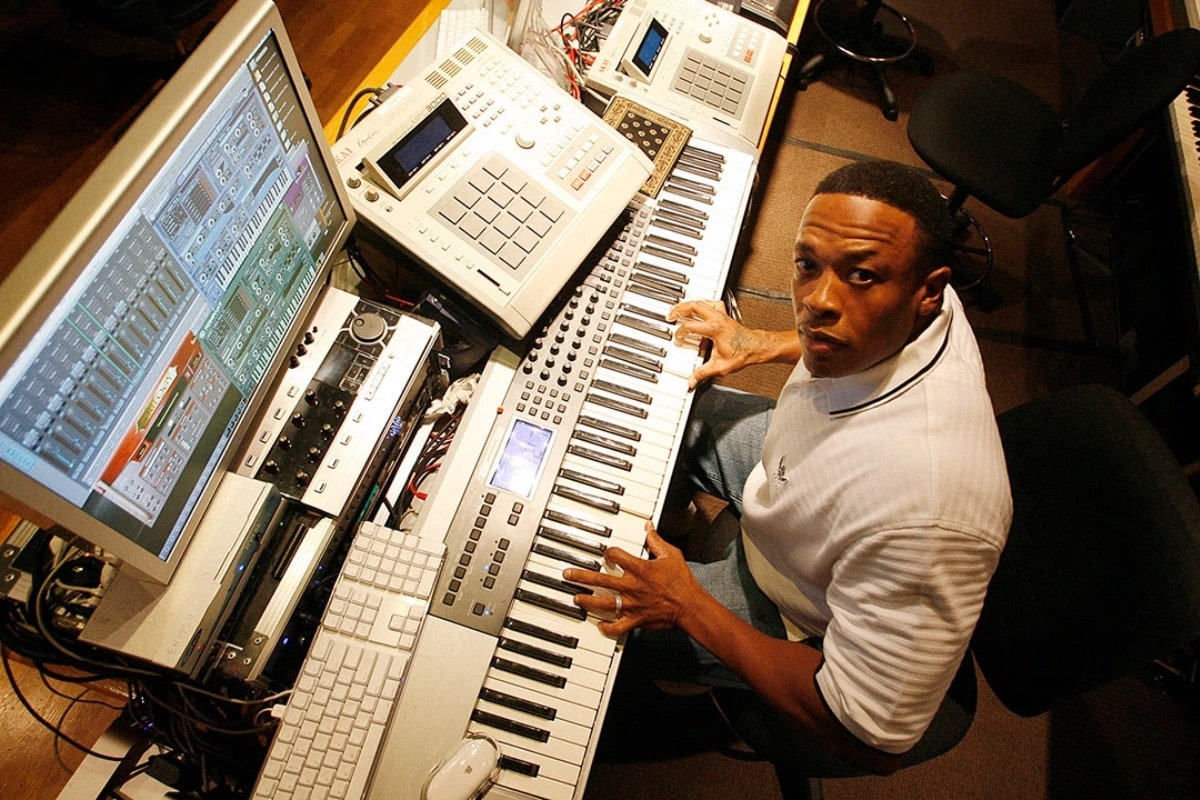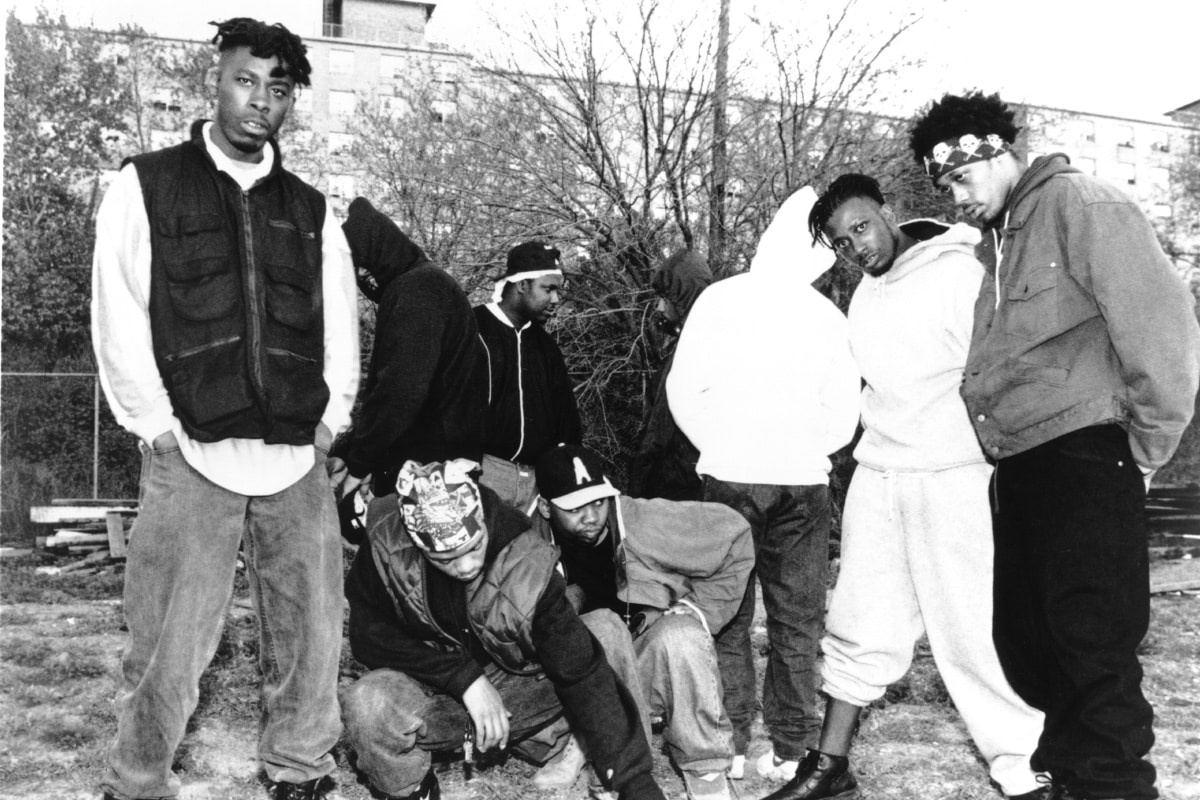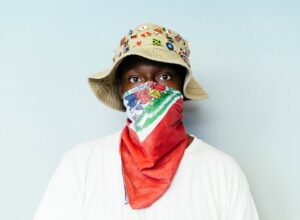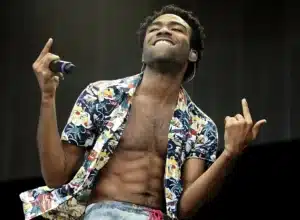Hip-hop didn’t just appear; it was born out of the streets, a voice for the voiceless, rising from the Bronx in the 1970s. It’s more than beats and rhymes; it’s a way of life, a culture that tapped into something raw and real. With influences from African and Caribbean traditions, and a real response to the struggles of the time, hip-hop became a movement that went beyond music.
You can’t talk about hip-hop without recognizing the pioneers, the trailblazers who set the stage. These aren’t just names in a history book; they’re the architects of a culture that changed the world. Knowing who they are isn’t just about giving props; it’s about understanding how hip-hop came to be, how it broke barriers, and why it continues to shape culture today.
We’re about to take a journey to where it all began, shining a light on the ones who started it all. From the DJs spinning records to the MCs rocking the mic, we’ll break down the moments, the music, and the magic that made hip-hop what it is. We’ll hit the high notes, dig into the debates, and honor the legacy, all while keeping it real. The story of hip-hop is complex, but it’s one worth telling. Let’s get into it.
DJ Kool Herc
DJ Kool Herc, born Clive Campbell, wasn’t just a DJ; he was a visionary. Coming from Kingston, Jamaica, Herc brought a taste of his roots to the Bronx. And when he touched down, he didn’t just play records; he transformed them. Throwing block parties that became the stuff of legend, Herc’s beats became the heartbeat of a neighborhood and the pulse of a new culture.
Contribution to Breakbeat DJing
Here’s where Herc changed the game: breakbeat DJing. It wasn’t just about playing a track from start to finish; it was about finding that perfect ‘break’ in the music where the vocals drop, and the beats take center stage. Herc would loop these breaks, turning moments into movements, making the people dance in ways they never had before. It was a revolution on vinyl, a new way to hear music, and a gift to the b-boys and b-girls who found freedom in the breaks.
Legacy and Influence on Hip Hop
You can’t talk about hip-hop without tipping your hat to DJ Kool Herc. His techniques are in the DNA of every DJ who followed, his vision a blueprint for what hip-hop could be. From the park jams to the club scenes, Herc’s influence spread like wildfire, sparking creativity, and inspiring a generation to think differently about music. Even today, his impact can be felt, a guiding force reminding us all that hip-hop started with a break, a beat, and a dream.
DJ Kool Herc wasn’t just part of the scene; he created it. In looping the breaks, he broke the mold, setting a standard that resonates to this day. His name stands tall in the annals of hip-hop history, a testament to innovation and the enduring power of the beat. It’s all love, respect, and appreciation for the man who made us move.
Afrika Bambaataa
Born Kevin Donovan in the South Bronx, Afrika Bambaataa’s transformation from street gang leader to a hip-hop visionary is a story of redemption and evolution. Inspired by his travels to Africa and exposure to different ideologies, he redefined himself and his purpose. Bambaataa took the raw energy of the streets and channeled it into something positive, something bigger than music. He became not just a DJ, but a leader.
Formation of Zulu Nation
Zulu Nation wasn’t just a crew; it was a movement, a philosophy. Formed in 1973, it was about unity, knowledge, culture, and overstanding. Bambaataa wanted to elevate hip-hop, make it a force for change, and he knew he couldn’t do it alone. With the Zulu Nation, he created a family, bringing together DJs, MCs, b-boys, b-girls, and artists with a shared vision. They weren’t just rocking parties; they were building community.
Impact on Music and Culture
Afrika Bambaataa’s impact can’t be confined to a genre or a time period. He expanded hip-hop’s horizons, taking it global, connecting it with other musical traditions, and infusing it with a sense of social consciousness. His tracks like “Planet Rock” weren’t just hits; they were anthems, calling people to dance and to think. Through his music, his activism, and his mentorship, Bambaataa shaped a culture, pushing it to grow, to challenge, and to inspire.
Afrika Bambaataa’s legacy is monumental, not just for the beats he dropped or the parties he rocked, but for the minds he opened and the lives he touched. He saw potential where others saw only chaos, and he built bridges where there were once only barriers. The Zulu Nation stands as a testament to his vision, and hip-hop owes a debt of gratitude to the Godfather, who reminded us all that we’re not just part of a scene; we’re part of a family, a nation, a movement. Peace, unity, love, and having fun – that’s what it’s all about.
Grandmaster Flash
Grandmaster Flash, born Joseph Saddler, took DJing to a whole new level. He wasn’t just mixing records; he was making magic. With his quick hands and a razor-sharp ear, he introduced cutting, scratching, and mixing with a precision that left heads spinning. Flash was a scientist with turntables, dissecting beats, and creating new soundscapes that no one had ever heard before. His innovations weren’t just about entertaining; they were groundbreaking, changing the way DJs approached the decks forever.
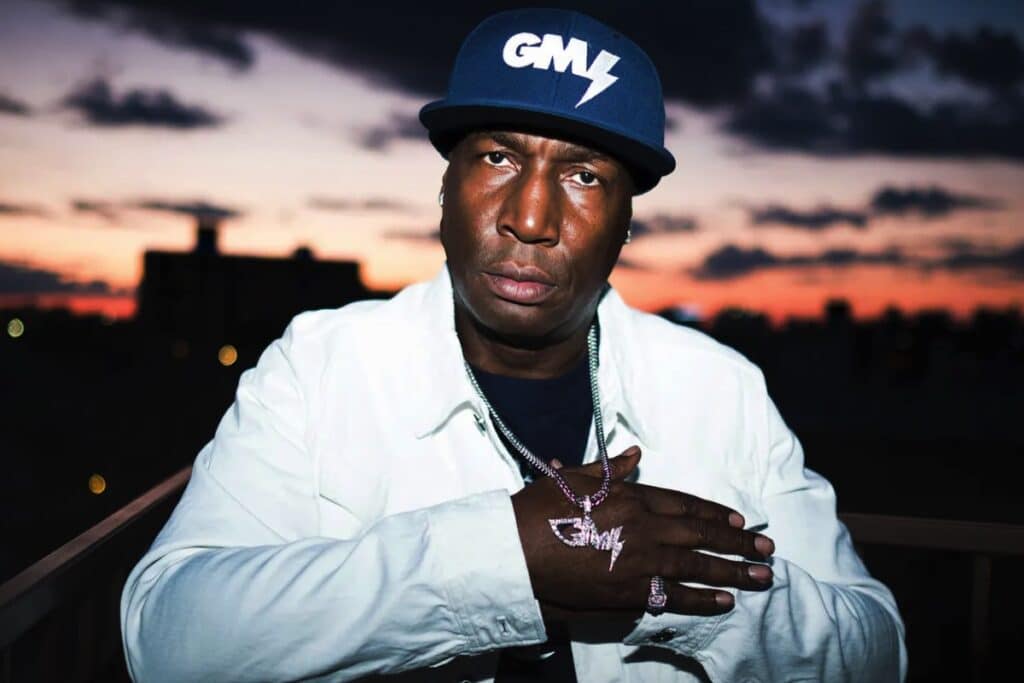
Creation of The Furious Five
The Furious Five wasn’t just a group; it was a supergroup. Teaming up with MCs like Melle Mel, Cowboy, Kid Creole, Rahiem, and Scorpio, Grandmaster Flash created a force to be reckoned with. They didn’t just rap; they told stories, shared wisdom, and delivered messages that went beyond bragging and boasting. With tracks like “The Message,” they captured the struggles, the dreams, and the realities of life in the hood, making music that resonated with people’s hearts and minds.
Lasting Effect on Hip Hop Sound and Style
Grandmaster Flash’s influence isn’t confined to a moment in time; it’s embedded in the very fabric of hip-hop. His DJ techniques are taught, studied, and admired by anyone who’s ever touched a turntable. The Furious Five’s approach to lyricism raised the bar, challenging MCs to think deeper, to write smarter, and to speak louder. Flash’s style, both behind the decks and on the mic, set a standard, influencing generations of artists and keeping the essence of hip-hop alive.
Grandmaster Flash is a name that commands respect. He’s not just a DJ or a producer; he’s a pioneer, an innovator, and a legend. His touch on the turntables and his vision with The Furious Five helped shape hip-hop into the powerful art form that it is today. Flash’s legacy is a reminder that hip-hop is about creativity, about pushing boundaries, and about speaking truth. He’s not just a part of hip-hop history; he’s a cornerstone, laying down the foundation for all that followed. And for that, the love and respect run deep.
Other Notable Figures
There’s no shortage of talent in the world of hip-hop, and many artists have left their mark. Names like Kool Moe Dee, Busy Bee, Kurtis Blow, and Roxanne Shanté all played pivotal roles in shaping the sound, style, and substance of the genre early on. From the DJs spinning in parks to the MCs battling in clubs, from the producers experimenting in studios to the dancers breaking on the streets, hip-hop’s richness comes from the diversity and creativity of its contributors. Each one added a layer, a flavor, a beat to a culture that continues to evolve and inspire. Here are a few more names that deserve to be credited as hip-hop’s founding fathers.
DJ Grand Wizard Theodore
Talk about technique; Grand Wizard Theodore took turntablism to new heights. Known for inventing the scratch, Theodore’s hands danced on the vinyl, creating sounds that were straight-up hypnotic. His ability to manipulate music laid the groundwork for a generation of DJs, proving that turntables could be as expressive as any musical instrument.
Melle Mel
As one of The Furious Five, Melle Mel’s flow was more than rap; it was poetry, social commentary, and storytelling all wrapped into one. Tracks like “The Message” showed that hip-hop could be a platform for change, speaking on issues that mattered. Melle Mel’s lyrics were a wake-up call, his voice a rallying cry for those hungry for truth.
Spoonie Gee
Known as the “Godfather of Rap,” Spoonie Gee brought a smooth flow and a playfulness that made hip-hop accessible to a wider audience. His storytelling was vivid, painting pictures with his words, and his influence can be felt in the way MCs approach the mic to this day. Spoonie showed that rap could be fun without losing its edge.
The Founding Figures and their Contributions
We’ve traveled through time, from the breaks of DJ Kool Herc to the unifying vision of Afrika Bambaataa, from the turntable wizardry of Grandmaster Flash to the voices that shaped the streets. Each one of these giants, and many more, laid down the beats, the words, and the wisdom that made hip-hop the global force it is today. They gave us more than music; they gave us a way of life, a way to speak, a way to be.
Hip-hop ain’t static; it’s alive, pulsing, growing, and changing with every beat, every rhyme, every dance, every spray of paint. From the streets of the Bronx to the clubs of Tokyo, it’s a living art form that refuses to be boxed in. It embraces the new while honoring the old, finding fresh ways to tell timeless truths. It’s as vibrant today as it was in ’73, and it shows no signs of slowing down.
But let’s not forget where we came from, ’cause those roots run deep, and they feed everything that grows. The pioneers gave us a gift, and it’s on us to treasure it, preserve it, and pass it on. Let’s respect the foundation, the history, the essence of what hip-hop is. Let’s learn from the past to build a future that’s fresh, true, and real. The culture is ours, but it’s also a legacy, and it’s calling on us to keep it alive, to keep it kicking, to keep it hip-hop.
From the park jams to the platinum hits, from the battles to the Grammys, hip-hop is more than a genre; it’s a journey. It’s a story of struggle, triumph, creativity, and community. It’s about knowing where you came from and where you’re going. It’s about keeping the beat alive, the words flowing, and the love growing. Let’s salute the pioneers, celebrate the present, and embrace the future. Hip-hop ain’t going nowhere; it’s here to stay, forever and a day.
